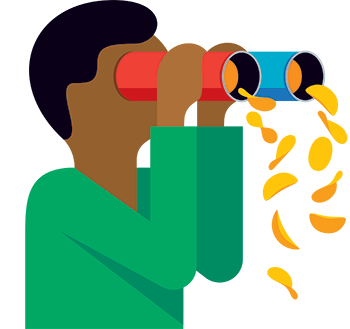
“Eric Ghysels, an economics professor at the University of North Carolina at Chapel Hill, noted that while an AI can be speedier than human investors moment-to-moment, it’s sluggish to adapt to « paradigm-shifting events » like the war in Ukraine — or maybe even the rise of AI. Meaning, in his opinion, an AI can’t beat human investors over time. « Maybe one day it will, but for now AI is limited to plagiarizing history, » Ghysels told the WSJ.”
Source : AI Is Doing a Terrible Job Trading Stocks in the Real World









/cdn.vox-cdn.com/uploads/chorus_image/image/59763399/ytmprem.0.jpg?w=676&ssl=1)